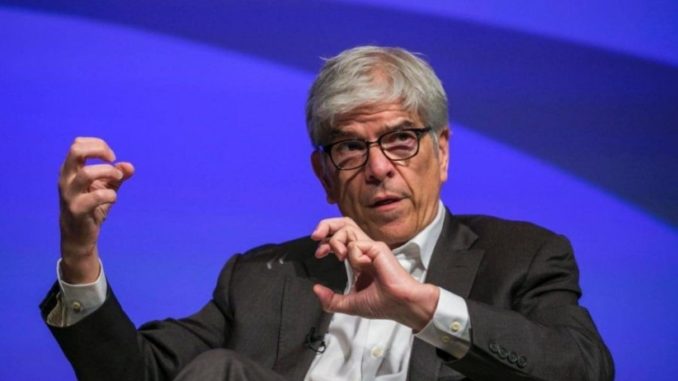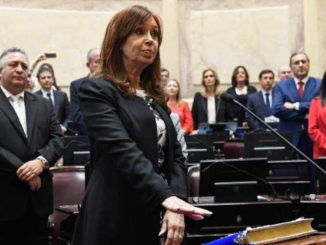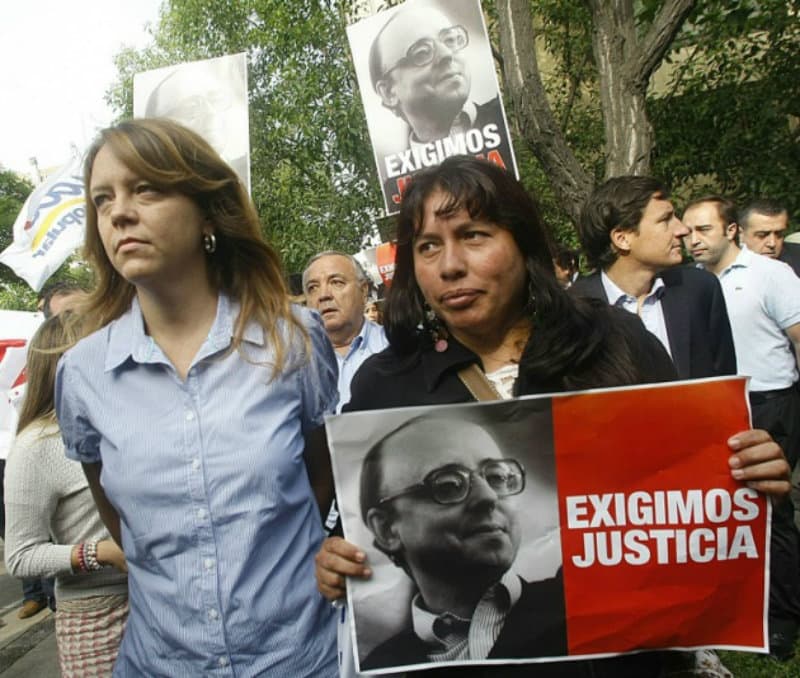
WASHINGTON – World Bank chief economist Paul Romer resigned Wednesday amid a scandal that erupted when he raised questions about how the institution was ranking countries – especially Chile – in a key report.
The Bank’s President, Jim Kim announced that Paul Romer was stepping down immediately from the post he had held since October 2016, but did not specify the reason for his exit.
Romer’s resignation came two weeks after apologizing to Chile for “unfair methodology” that impaired its performance in one of the most important reports of the WB.
Romer had expressed in an interview with The Wall Street Journal his concern about the extent to which the repeated changes in the methodology of the ‘Doing Business’ report – which measures the business competitiveness of the countries – of the World Bank had impaired Chile’s performance during the first three years of the presidency of Michelle Bachelet.
The economist warned of apparent political motivations in the ranking, and the numbers published later on his blog showed that Chile had fallen sharply due to changes in methodology in the aforementioned period.
What happened, described as an “immorality” by the Government of Chile-which demanded a thorough investigation into the manipulation of data-involved the Chilean economist Augusto López-Claro, in charge of the construction of the ranking, who would have altered the results with the objective “to make see an economic deterioration during Bachelet’s government, with basically political intentions”, according to the Chilean Minister of Economy, Jorge Rodríguez Grossi.
Last week, following Romer’s remarks, the WB executive director, Kristalina Georgieva, sent a letter to the Chilean economy minister to clarify that the comments of the entity’s chief economist were “unfortunate” and added that “we have no evidence that supports the idea that the methodology is biased to disadvantage Chile or any of the changes in the methodology were carried out for reasons other than technical.”
In that line, Romer resigned and clarified that he had not “seen any sign of manipulation” and added that “it was not what I meant or thought I said” in the interview with the WSJ. Even so, the World Bank has announced that there will be an independent external audit of the competitiveness report.
“Apart from the obvious questions posed by the resignation of Paul Romer, there remain serious concerns about the ‘Doing Business’ report,” warned Nadia Daar, director of the Oxfam International office in Washington, DC, at the WSJ. “Fortunately, the next chief economist will have the mandate to provide coherence and equity to this ranking.”
World Bank ranks Chile as LatAm’s 2nd Best Country for Doing Business
The WB president’s memo did not specify a reason for Romer’s departure and limited himself to detailing that the executive “is an accomplished economist and an insightful individual, and we have had many good discussions about geopolitical issues, urbanization and the future of work. I appreciated Paul’s frankness and honesty, and I know he regrets the circumstances of his departure.”



